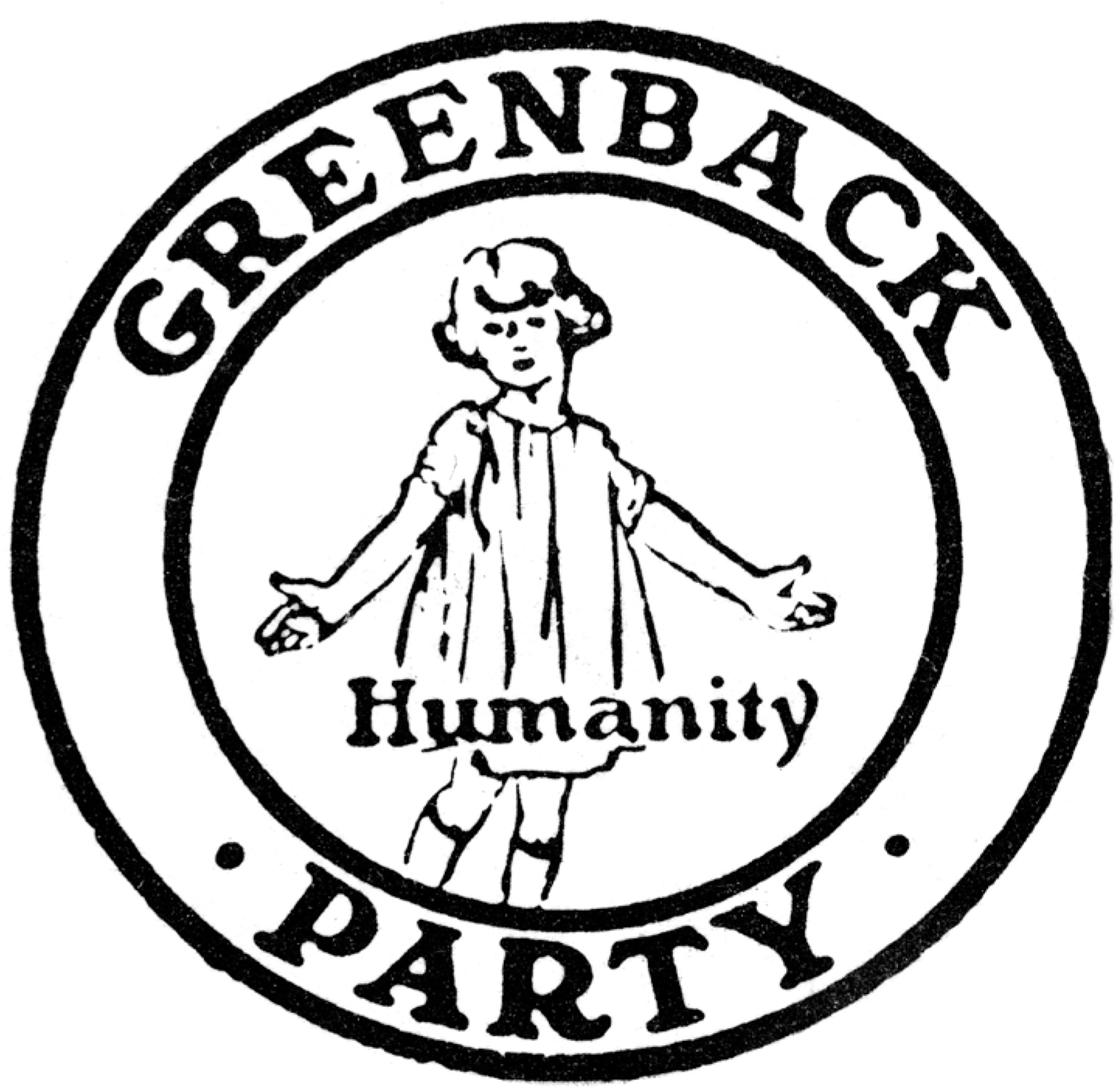The American Promise:
Printed Page 517
The American Promise Value
Edition: Printed Page 492
The Fight for Free Silver
While the tariff and regulation of the trusts gained many backers, the silver issue stirred passions like no other issue of the day. On one side stood those who believed that gold constituted the only honest money. Many who supported the gold standard were eastern creditors who did not wish to be paid in devalued dollars. On the opposite side stood a coalition of western silver barons and poor farmers from the West and South who called for free silver. Farmers from the West and South hoped to increase the money supply with silver dollars and create inflation, which would give them some debt relief by enabling them to pay off their creditors with cheaper dollars. The mining interests, who had seen the silver bonanza in the West drive down the price of the precious metal, wanted the government to buy silver and mint silver dollars.
During the depression following the panic of 1873, critics of hard money organized the Greenback Labor Party, an alliance of farmers and urban wage laborers. The Greenbackers favored issuing paper currency not tied to the gold supply, citing the precedent of the greenbacks issued during the Civil War. The government had the right to define what constituted legal tender, the Greenbackers reasoned: “Paper is equally money, when . . .

After the Greenback Labor Party collapsed, proponents of free silver came to dominate the monetary debate in the 1890s. Advocates of free silver pointed out that until 1873 the country had enjoyed a system of bimetallism—
By the 1890s, the silver issue crossed party lines. The Democrats hoped to use it to achieve a union between western and southern voters. Unfortunately for them, Democratic president Grover Cleveland supported the gold standard as vehemently as any Republican. After a panic on Wall Street in the spring of 1893, Cleveland called a special session of Congress and bullied the legislature into repealing the Silver Purchase Act because he believed it threatened economic confidence. Repeal proved disastrous for Cleveland. It did nothing to bring prosperity and dangerously divided the country. Angry farmers warned Cleveland not to travel west of the Mississippi River if he valued his life.